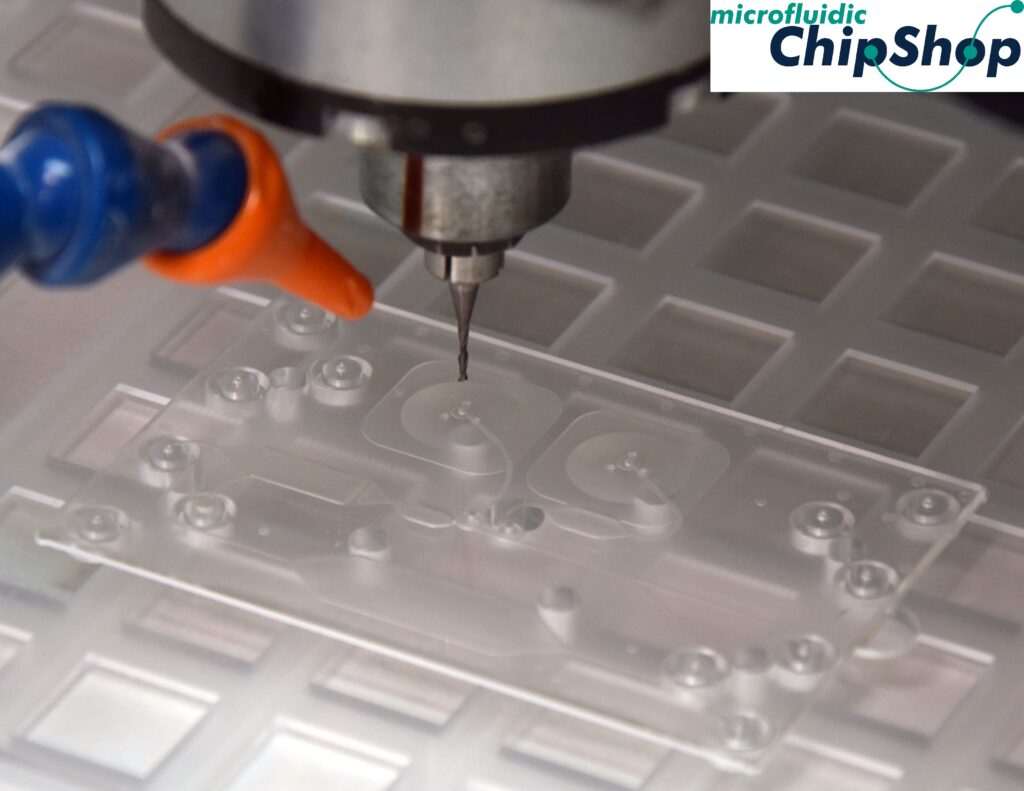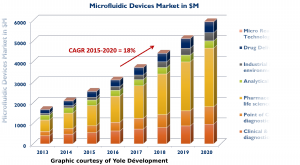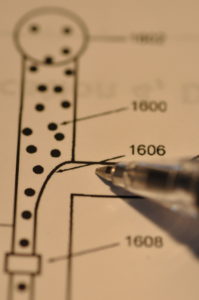There are many reasons why a diverse range of professionals — project scientists and engineers, managers & C-level executives, BD teams, lawyers, academics and government policy makers — may want to engage a microfluidics or analytical chemistry consultant. Here below are some examples of project types and routine consulting work we do to meet our clients’ needs.

Product Development
- optimising product’s analytical chemistry on the benchtop prior to microfluidic translation
- researching existing design approaches and appropriate device materials in published literature, website & patent material
- proof-of-principle testing of key analysis steps using off-the-shelf microfluidic and instrument components, where possible
- early stage prototype design/build/test iterations of your microfluidic device
- conceptual and CAD design of prototype
- sourcing appropriate fabrication house for prototyping & transfer to manufacturing
- designing experiments to evaluate prototype performance; trouble-shooting experiments
- interpreting results, using performance gaps as input for next design iteration
- later stage alpha & beta prototyping
- design reviews and small iterations for performance enhancements & volume manufacturing
- sourcing/changing to appropriate fabrication house for volume manufacturing
- quality management system (QMS) considerations
- corporate ISO 9001 quality system design
- product-specific quality plan, including GMP, ISO 13485 and/or others, as appropriate, for client and vendor(s)
- launched product
- trouble-shooting manufacturing and/or QMS issues; implementing revisions
- trouble-shooting failure modes
Business Development

- content creation:
- generating, updating or proofing copy for webpages, brochures/e-books/whitepapers, info/spec sheets, blogs etc.
- generating social media posts to convey your company’s leadership role in relevant technology, application or market sectors
- research:
- mapping out a competitive technology landscape to highlight companies and technologies currently serving a product or application area
- identifying capabilities, infrastructure, network members etc. in a technology sector within a geographic area (for e.g. technology associations, government agencies, etc.)
Corporate Investment Due Diligence
- deep dive into target company’s technology
- review publications, reports, presentations, raw data
- dialogue with technology leads at company regarding areas of interest/concern
- review of company’s & competitors’ IP
- determine scope of company’s claims, proximity of competitors’ in same/similar technology area
- consider merits of competing technologies in different technology areas for same application
- on-site visit
- see technology and processes first-hand
- discuss strengths & issues of technology and value proposition directly with company leadership
- form impression on strength of leadership team
Intellectual Property (IP) Research

- mapping out a competitive IP landscape to highlight product development and/or licencing opportunities
- looking at a company’s or institution’s own IP disclosures or patent estate to assess context and value, as well as possible outside sales or infringement litigation opportunities
- examination of a competitor’s patent suite in a given technology or product area to identify likely upcoming products, their strengths & weaknesses
- subject matter expert for litigation, validity, etc.
Please email us for more information.
